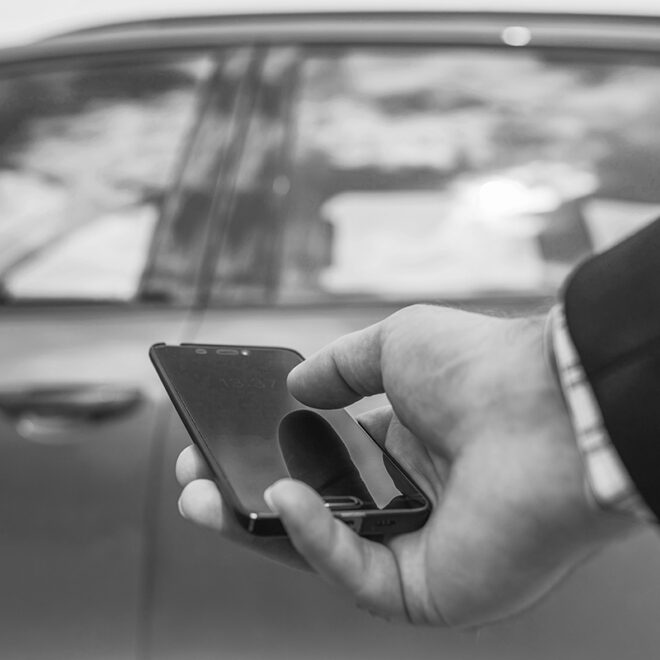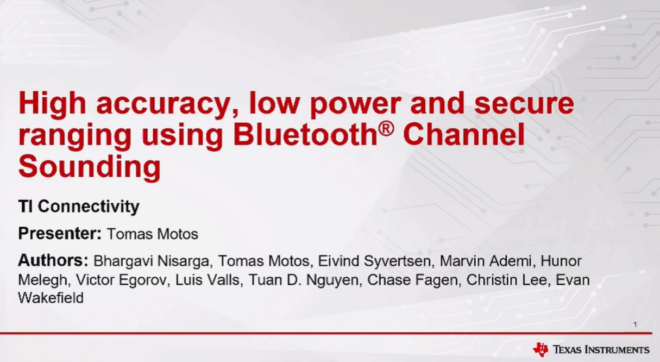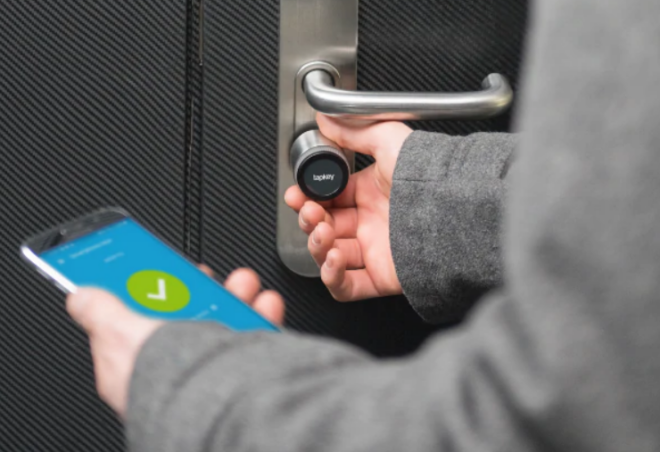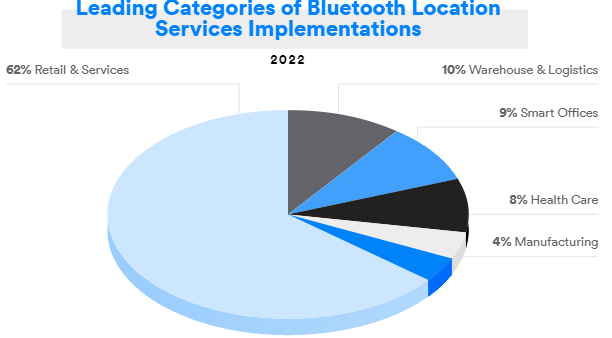With the help of Bluetooth® technology, smartphones are being used as alternatives to keys for your car. And while keyless entry seems like a recent concept, the history of keyless access systems in cars is older.
Almost 30 years ago, an electrical engineer from the small German town of Siegen had an early vision for car sharing. At that time, the first sharing systems required owners and renters to meet and hand over keys. However, the first automated car sharing system in Germany began with a cut-out glove box into which an on-board computer was installed. With some programming work, personalized prepaid cards could be scanned at the car via an infrared transmitter and unlock the automobile.
Bosch Carries the Car Key to the Grave
The history of the car key is even older. In 1911, Bosch delivered the first ignition switch with the corresponding key, and the interior lock as an anti-theft device followed in 1920 (previously unnecessary due to the lack of car roofs). With the introduction of central locking in the 1990s, the car key became a remote control. In principle, these are also usable as passive systems in which the car opens when the driver approaches. However, since car thieves could intercept this, such systems have never reached market maturity.
With the broad connectivity of the car and the smartphone, a new chapter in the history of the car key is beginning. At the Digital Kindergarten 2019 in Hamburg, Bosch buried the car key as we know it – with drums, trumpets, and a funeral speaker. In the future, the world’s largest automotive supplier will rely on the app-based system Perfectly Keyless. The smartphone’s microchips use Bluetooth® technology to communicate with sensors installed in the vehicle. This ensures that the smartphone is recognized as reliably as a fingerprint, and the car opens automatically when the driver approaches. If the battery is empty, the vehicle can still be unlocked via NFC, holding the smartphone directly against the sensor.
Keyless Access with Bluetooth Technology
Digital car keys allow the car to be unlocked automatically when the driver approaches. In addition, only certain doors can be unlocked and opened while others remain closed. This offers great advantages, especially in the commercial sector.
“Construction workers, for example, often come to their vehicle in a short time when loading or unloading. To ensure the safety of their equipment, they can use digital keys to program their smartphone to automatically lock and unlock the vehicle,” explains Chuck Sabin, Senior Director of Market Development and Business Strategy at the Bluetooth SIG. “It also allows other users to gain temporary access to the vehicle.”
Car Connectivity Beyond Infotainment
In-vehicle sensor networks are driving new applications in the automotive sector. In addition to the digital key and Bluetooth based infotainment systems, wireless sensor networks transmit real-time diagnostic information and alerts via Bluetooth® technology, including tire pressure and condition alerts for essential systems. Current forecasts by the market research institute ABI Research predict that by 2024, two-thirds of all vehicles on the road (passenger cars, SUVs, and commercial vehicles) will use Bluetooth technology. It is also forecasted that there will be an anticipated four-to-six sensors in every future car.
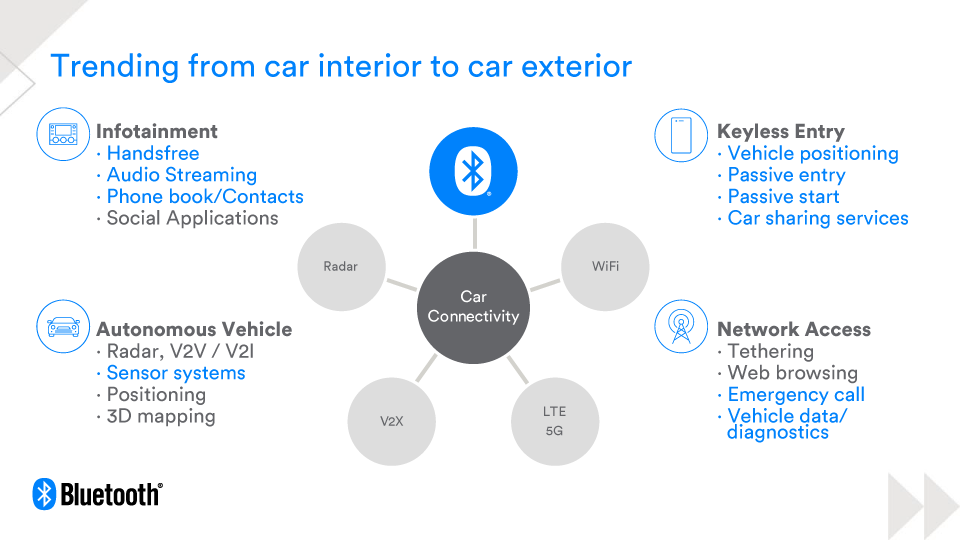
The story of digital networked cars is just getting started!
![]()
FEATURED REPORT
The Bluetooth® Market Update
See the most important trends and forecasts for Bluetooth® technology, and learn how the Bluetooth community continues to solve new connectivity challenges and address new market opportunities.







